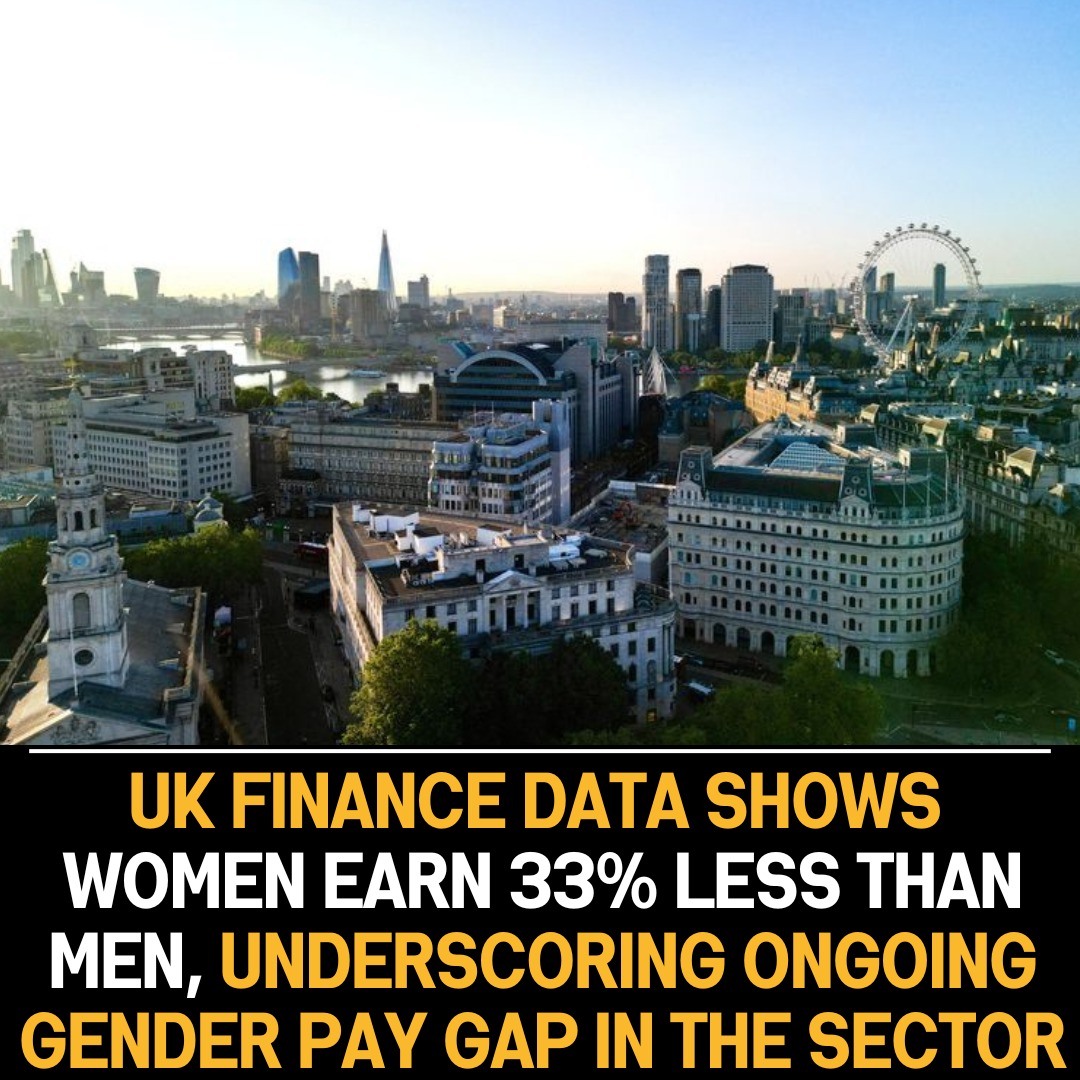The revelation of a significant gender pay gap within the UK finance sector underscores an ongoing challenge in achieving gender equality in the workplace. According to recent data, women in this sector earn 33% less than their male counterparts, shedding light on disparities in compensation based on gender.
This disparity is alarming and highlights systemic issues that continue to affect women’s advancement and financial well-being in the workplace. Despite efforts to promote gender equality and diversity, the finance sector’s persistent gender pay gap reflects deep-rooted inequalities that persist in many industries.
Several factors contribute to the gender pay gap within the finance sector. One key factor is the underrepresentation of women in senior leadership positions and higher-paying roles. Women often encounter barriers to advancement, including unconscious bias, limited access to mentorship and networking opportunities, and workplace cultures that may favor male employees.
Additionally, women may face challenges balancing work and family responsibilities, leading to career interruptions or part-time employment, which can impact their earning potential. Discrimination and lack of transparency in pay practices also contribute to the gender pay gap, as women may be unfairly compensated compared to their male counterparts for similar work.
Addressing the gender pay gap requires a multifaceted approach involving both employers and policymakers. Employers must take proactive steps to promote gender equality in their organizations, including implementing transparent and equitable pay practices, providing opportunities for career advancement and development for women, and fostering inclusive workplace cultures that value diversity.
Policymakers play a crucial role in addressing systemic barriers to gender equality by enacting legislation and policies that promote pay transparency, equal pay for equal work, and support for work-life balance initiatives such as parental leave and flexible working arrangements. Government interventions and initiatives to increase representation of women in leadership positions and STEM fields can also help narrow the gender pay gap in the long term.
Moreover, raising awareness and advocating for gender equality within the finance sector and broader society is essential. Educating employers, employees, and the public about the causes and consequences of the gender pay gap can foster dialogue and drive meaningful change.
Ultimately, closing the gender pay gap in the UK finance sector requires concerted efforts from all stakeholders. By addressing systemic barriers, promoting diversity and inclusion, and advocating for policy changes, we can create a more equitable and prosperous future for women in finance and beyond.









